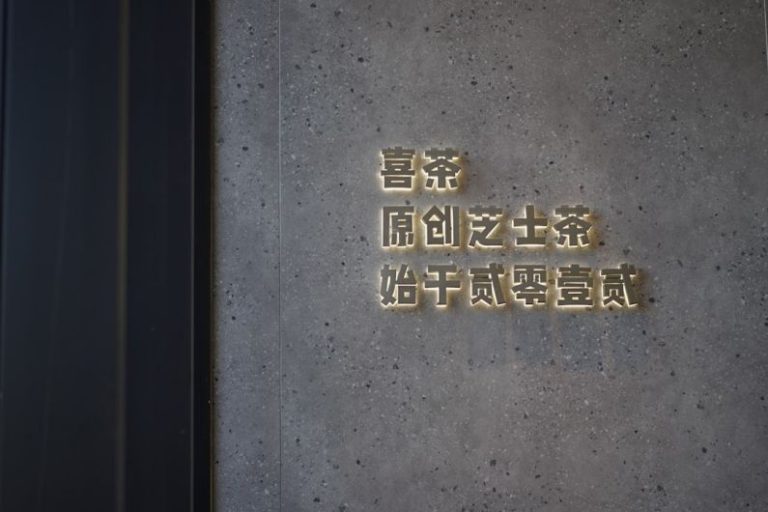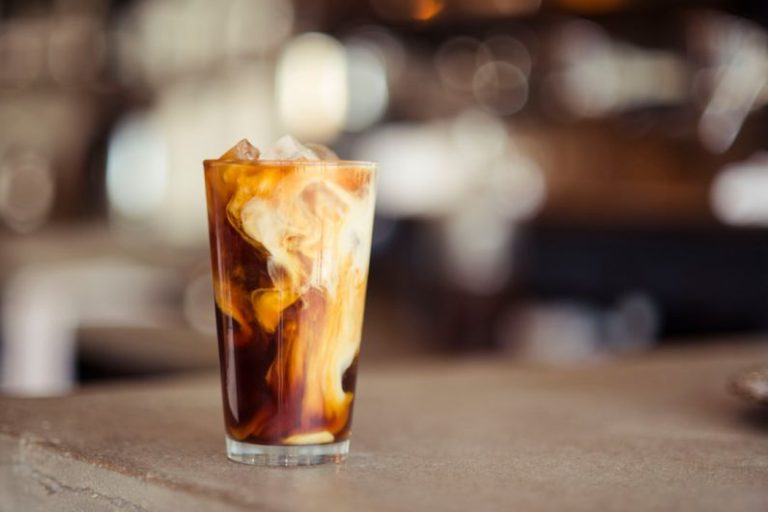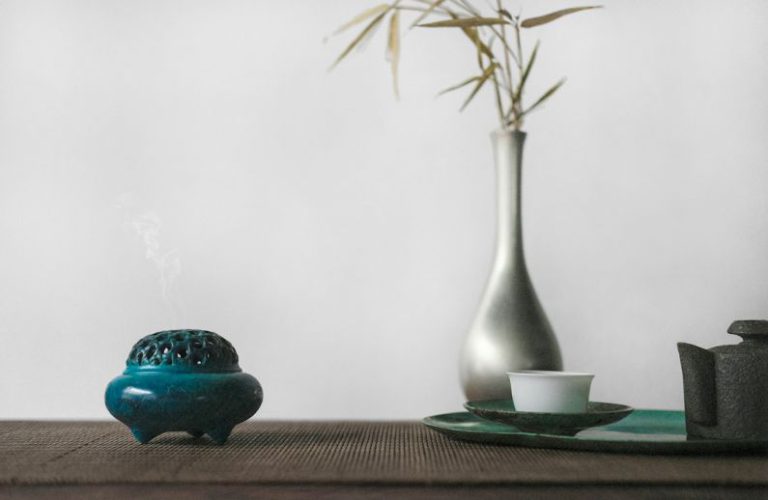The Cultural Significance of Moroccan Tea Ceremony
Moroccan Tea Ceremony: A Time-Honored Tradition of Connection and Hospitality
In the vibrant tapestry of Moroccan culture, the tea ceremony holds a place of profound significance. More than just a simple act of preparing and sharing tea, this ritual embodies the essence of hospitality, connection, and tradition that are deeply woven into the fabric of Moroccan society. From the bustling souks of Marrakech to the quiet riads of Fez, the tea ceremony serves as a cornerstone of social interaction and an expression of the rich cultural heritage of the Moroccan people.
The Art of Preparation
At the heart of the Moroccan tea ceremony is the meticulous art of tea preparation. The process begins with the selection of the finest green tea leaves, typically imported from China, which are then carefully brewed with a generous amount of fresh mint and an abundance of sugar. The tea is poured from a height into small, ornate glasses to create a frothy layer on top, a technique that not only enhances the flavor but also adds an element of theatricality to the ritual.
Symbolism and Tradition
Beyond its exquisite taste, Moroccan tea carries a wealth of symbolism and tradition. The act of pouring and serving tea is considered an art form in itself, with each gesture imbued with meaning and significance. From the precise positioning of the teapot to the delicate balance of sweetness and bitterness in the tea itself, every aspect of the ceremony reflects the values of generosity, respect, and warmth that are central to Moroccan hospitality.
A Symbol of Hospitality
The Moroccan tea ceremony is more than just a refreshing beverage; it is a symbol of hospitality and generosity that transcends cultural boundaries. In Moroccan households, it is customary to offer tea to guests as a sign of welcome and hospitality, regardless of the time of day or the formality of the occasion. This simple act of sharing tea serves as a powerful expression of friendship and goodwill, creating a bond that unites host and guest in a moment of shared warmth and connection.
A Social Lubricant
In Moroccan society, tea plays a central role in social interactions, serving as a social lubricant that brings people together and fosters communication and camaraderie. Whether shared among family members, friends, or strangers, the act of drinking tea creates a space for conversation, laughter, and storytelling, forging connections that transcend social barriers and foster a sense of community and belonging.
A Ritual of Connection
The Moroccan tea ceremony is not just a beverage; it is a ritual of connection that embodies the values of unity, harmony, and togetherness that are integral to Moroccan culture. By sharing tea with others, Moroccans engage in a profound act of communion that transcends language and cultural differences, creating a bond that unites individuals in a moment of shared humanity and understanding.
A Culinary Delight
Beyond its cultural significance, Moroccan tea is also a culinary delight, renowned for its refreshing taste and aromatic blend of flavors. The combination of crisp green tea, fresh mint, and sweet sugar creates a symphony of flavors that tantalize the taste buds and leave a lasting impression on the palate. Whether enjoyed on a bustling street corner or in the serene surroundings of a traditional riad, Moroccan tea is a sensory experience that delights the senses and nourishes the soul.
In Conclusion: A Timeless Tradition
In a fast-paced world characterized by constant change and upheaval, the Moroccan tea ceremony stands as a timeless tradition that offers a moment of respite and reflection. In its simple yet profound rituals, we find a reminder of the enduring values of hospitality, connection, and tradition that have sustained Moroccan society for centuries. As we raise our glasses in a toast to friendship and camaraderie, let us also raise our hearts in gratitude for the beauty and richness of the Moroccan tea ceremony, a cultural treasure that continues to inspire and enchant all who partake in its magic.






